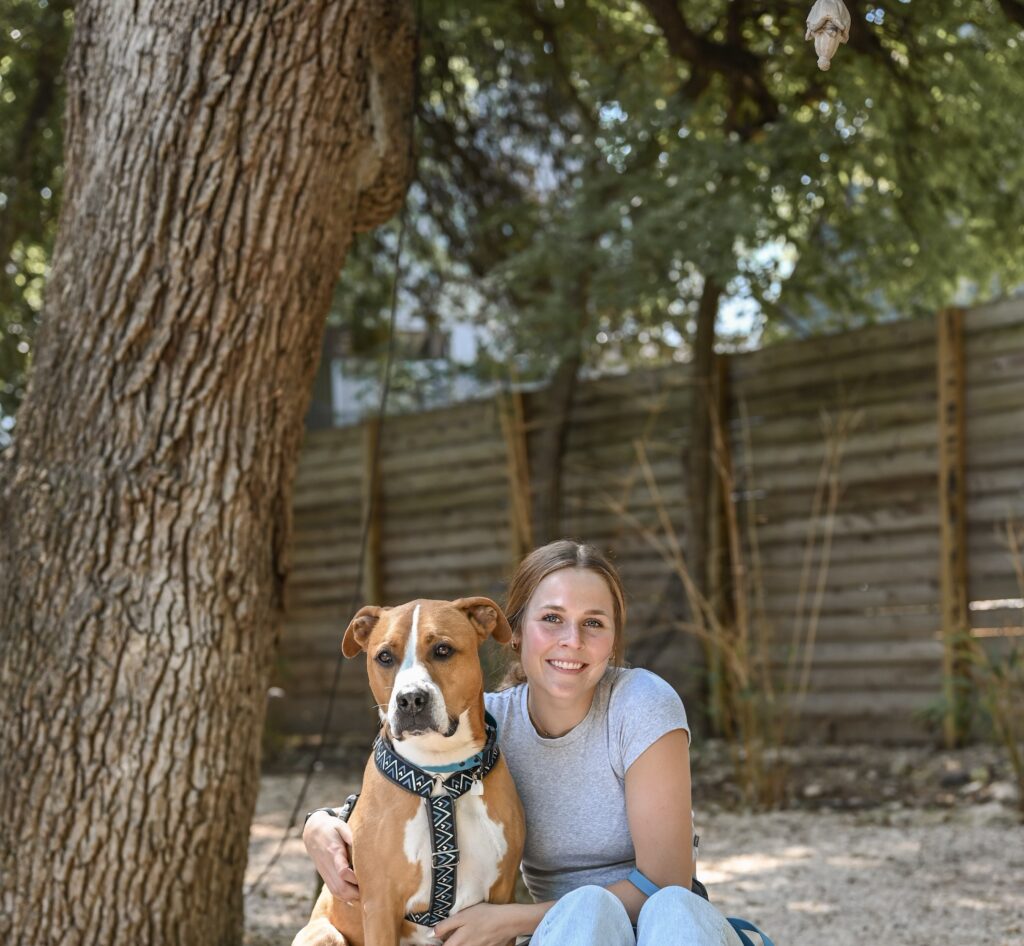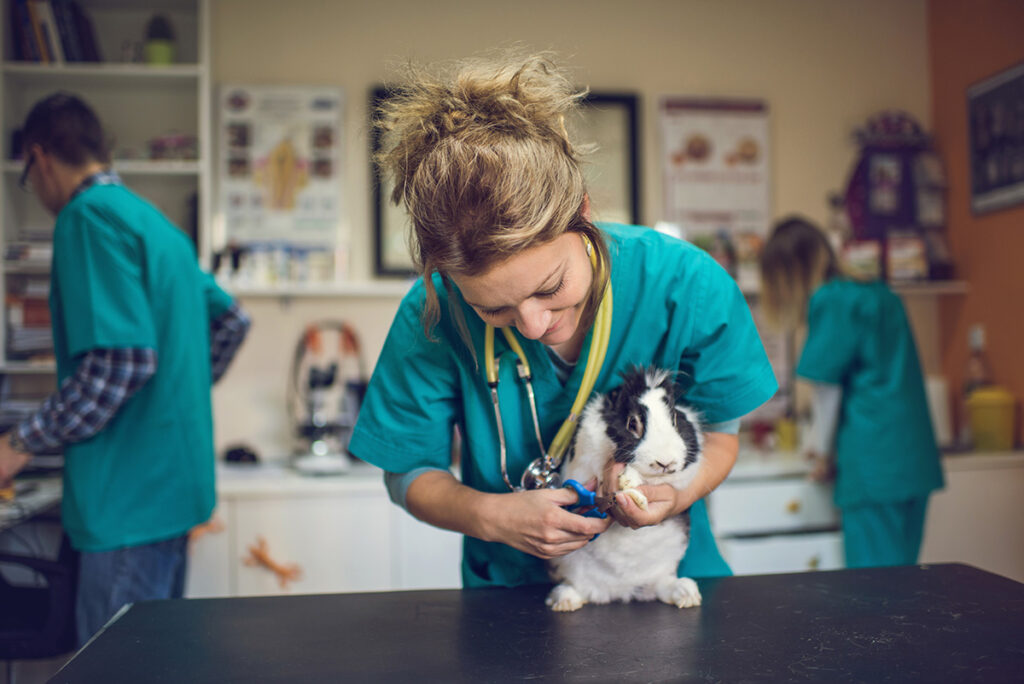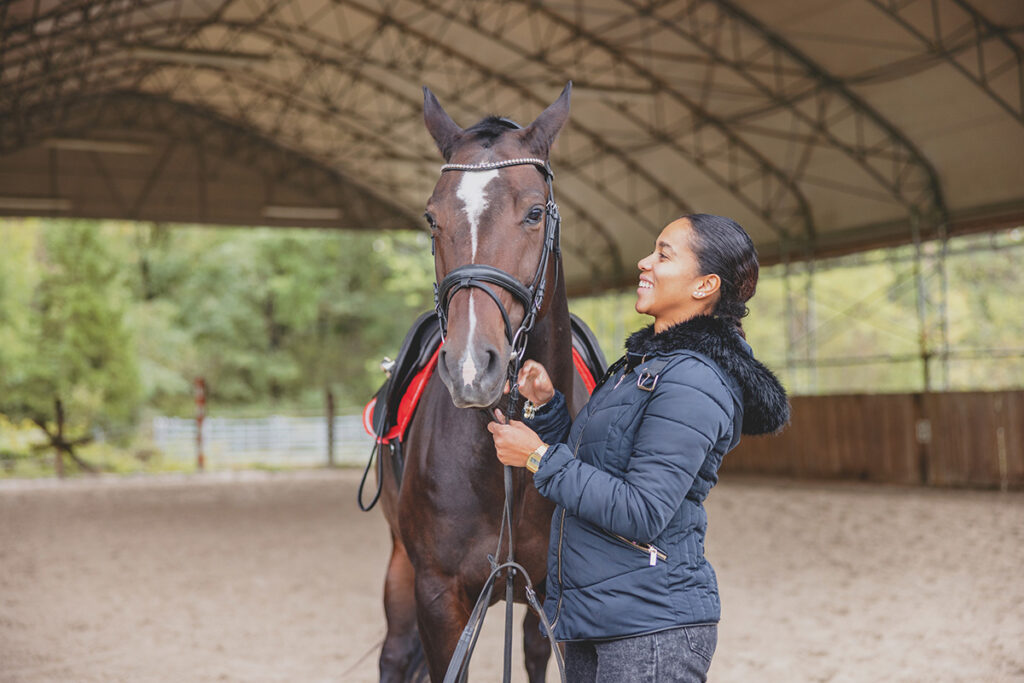Finding Balance in Pet Ownership and Budgeting Your Finances
Whether you call them your fur baby, loved one, family member, or just a pet, let’s face it: pet ownership becomes personal quickly! Our pets are family members. This month we celebrate them in honor of National Pet Day, and what better way to celebrate than to talk about finances, pet ownership, and how we can help pets live their best lives?
A recent USA Today article revealed the lengths pet owners go to make sure their pets are taken care of and treated well:
- 91% experienced some financial stress in the past year related to the cost of pet care
- 66% have cut back on personal spending due to the economy
- 65% needed to ask friends or family for money for a pet-related bill
- 33% took a second job or looked for new income opportunities to afford pet care
Adopting or rescuing any animal (species or breed) is a huge undertaking, especially for a first-time pet owner. Imagine being in debt and still trying to maintain your pet’s health. Veterinary bills and store supplies can be costly. In addition to being experts in debt consolidation services, Beyond Finance is full of pet lovers and fur baby parents, that’s why we wanted to share some practical tips to help you create a better future and your pet.
Preventive Care Helps
Pet ownership requires taking your friend to yearly checkups, ensuring they receive dental care, and doing self-examinations often can help detect things early before they get worse and more medical attention is needed.
TikTok Influencer Abby Beek, KPA-CTP (Karen Pryor Academy Certified Training Partner), knows the importance of examining your pet all too well. Her rescue Harvey, a Bully bread mix, recently suffered a health scare that could have been detrimental without her paying attention.

“Routine checkups and self-examination of your pet are so important, it help ensure they stay healthy throughout their life. I regularly inspect Harvey for new lumps and bumps,” says Abby. “Most recently, I discovered a new lump and my gut said it needed further examination by a professional. Unfortunately, the lump was cancer, and because I was performing his exams regularly, I caught it early. They were able to surgically remove the tumor without the cancer spreading.”
Thanks to Abby’s actions and great vets Harvey is expected to make a full recovery. She also saved herself more costly bills related to his cancer by catching it early.
Dr. Graham Breyshaw, Chief Veterinarian of the Animal Humane Society, says, “Just because [pet care] is routine doesn’t mean it is not essential.”
By taking your pet for routine checkups, you can work out payments or start with less costly treatments before spending a full, substantial amount all at once.
Pet Insurance
Abby also credits pet insurance as a huge help with the costs associated with Harvey’s story. While it can be tempting to avoid the monthly investment, consider your pet’s age, environment and species when making this decision.
Some pets are prone to needing more frequent vet visits than others, with increased age-related pain, weather allergies and dietary needs. Those could mean more unexpected monthly expenses. A great way to combat costs is to have an insurance policy.

Choose what is right for you and your budget. Though you may pay the money directly at first, pet insurance makes some–if not all–of the funds spent reimbursable. A great place to start looking for insurance is Pawlicy. The website allows you to select specific options, compare pricing and see all the policy’s benefits.
Another great option that is becoming more popular is car insurance companies allowing you to enroll in their pet insurance for bundling purposes. For example, USAA has introduced a new option to bundle your pet into your monthly bill. This could work exceptionally well, especially if you want to deal with one company for most of your insurance needs (and may save some money in the process).
Make a Separate Budget
Until you have had your pet a bit, it can be hard to estimate how much you will spend monthly. However, once you establish a routine for their supplies, food, treats, supplements, vitamins, and toys, make “Pet Care” a separate category in your budget.

For example, if you budget for one bag of treats each month, do you have extra money available if you run out sooner than expected? If not, you may have to get creative and make healthy treats with ingredients in your pantry.
While you love your pet and want to shower them with more treats and toys every time you visit a pet shop, consider how long each item will last and decide if it’s worth the splurge at that time.
When it comes to your pet’s well-being, do what you must to ensure your family pet is comfortable. Try planning and setting a budget to balance your checkbook and your pet’s health.
